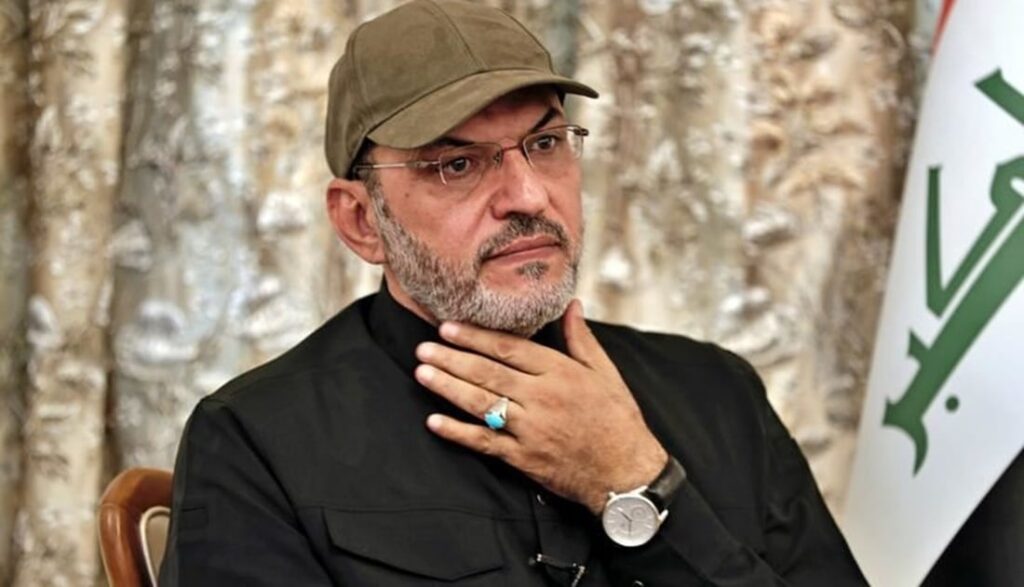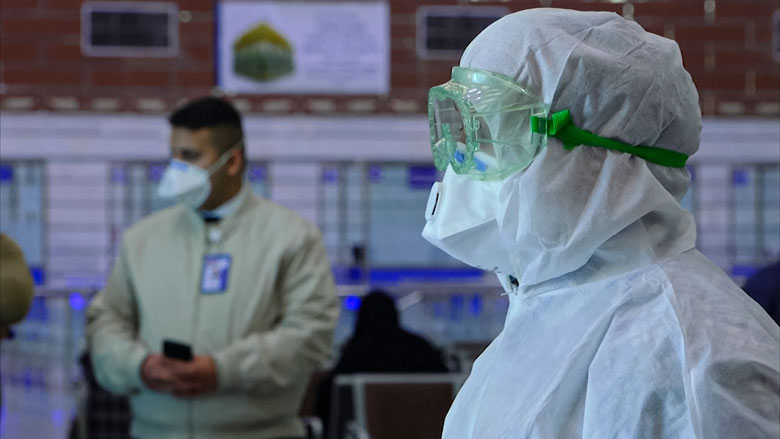Iraq: COVID-19 Situation Report No.2, 1 March 2020
KEY MESSAGES
• 13 confirmed cases of COVID-19 in Iraq as of 29 February 2020
• 6 in Baghdad; 5 in Kirkuk; 1 in Najaf; 1 in Babil
• No cases yet recorded in Kurdistan Region of Iraq (KRI)
• Iraqi Ministry of Interior orders suspension of work of several government ministries, departments and committees to halt spread of COVID-19
• Reports of smuggling from Iran into KRI to avoid quarantine
• Turkish Airlines temporarily halts flights to Iraq and KRI
SITUATION OVERVIEW
The first recorded case of COVID-19 (also colloquially known as “coronavirus”) was recorded in Iraq on 24-February, in the city of Najaf.
Since then, 12 more cases have been confirmed: six in Baghdad, five in Kirkuk, and one in Babil. There have not yet been any fatalities in Iraq linked to COVID-19. There have not yet been any cases recorded in the Kurdistan Region of Iraq (KRI). Four suspected cases in Ninewa and Najaf tested negative and the patients were discharged from quarantine. There are constant reports on social media of suspected cases, but OCHA is reporting only on those cases confirmed by the World Health Organization (WHO), who are working in close collaboration with health officials in the Government of Iraq and the KRI.
All of the earliest confirmed cases were linked to patients who had recently traveled to or returned from Iran. The source of infection for the most recent confirmed cases have not always been conclusively reported, but COVID-19 infections in Iran to rise. As of 29 February 2020, there were 593 confirmed cases in Iran and 43 fatalities. Iraqi citizens returning to KRI and Iraq from Iran are required to undergo a 14-day mandatory quarantine, but security actors in KRI are warning of reports that some people are seeking to be smuggled across the border in order to avoid the two-week isolation period. Iraq’s border with Iran remains closed, and travel restrictions remain in place for eight other countries (see Situation Report No.1).
The Iraqi Minister of the Interior has ordered the temporary suspension of work of several government ministries, departments and committees as a mitigating measure to halt the spread of the virus. Foreign oil workers who had previously left the country are currently barred from re-entry. Screening of passengers is underway at all airports, and also in several neighboring countries. The Semelka border crossing between KRI and north-east Syria has been closed except for “emergency cases.” It is not clear yet what impact travel restrictions may have on asylum seekers crossing into KRI from Syria. The Minister of Health for Turkey announced on 29 February that passenger flights originating in Turkey would be temporarily suspended to China, Iran, Iraq, South Korea and Italy. Turkish Airlines accounts for a large proportion of international travel into/out of Iraq and KRI; it is not clear yet what operational impact this will have on the United Nations and its humanitarian partners. Saudi Arabia has temporarily suspended Umrah pilgrimages, and announced that travelers from countries affected by COVID-19 will be denied entry at the border.
WHO officials continue carrying out briefings throughout the country with all relevant parties, including UN agencies, NGO leadership, government authorities and religious leaders. Schools and universities remain closed throughout Iraq and KRI, and the government has ordered the closures of some public spaces like malls and cafes, although it is not clear how strictly these are enforced. Trepidation about COVID-19 is also impacting ongoing political demonstrations against the government in Baghdad and elsewhere—which are now entering their sixth month—although all reports are anecdotal at present. A COVID-19 emergency cell has been enacted by the Humanitarian Coordinator, and a COVID-19 Working Group has been established by the United Nations Assistance Mission for Iraq (UNAMI). Increased efforts at coordination are underway





